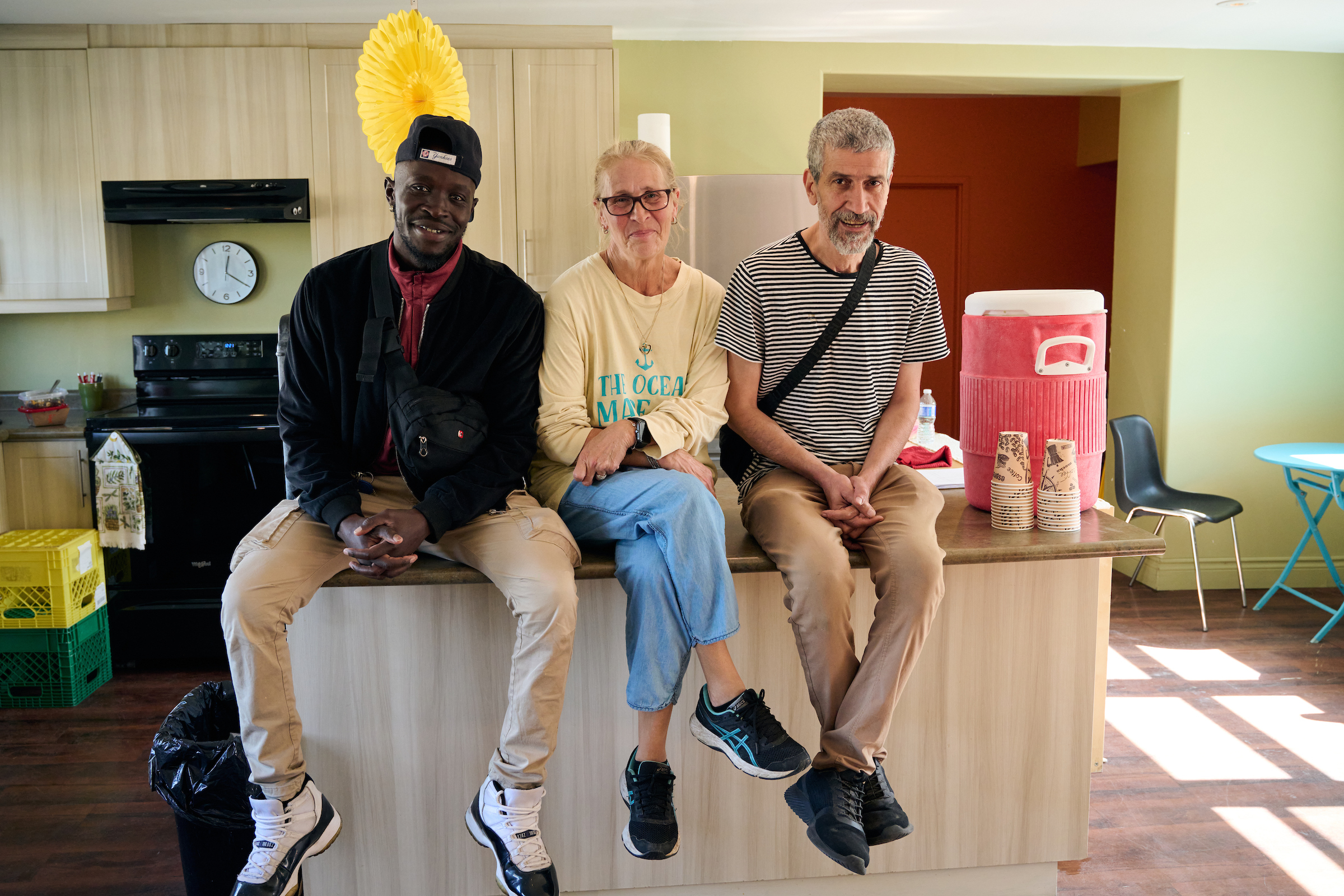Practices and Policies
Practices and Policies
The Working Centre functions primarily as an organization rooted in virtues and practices; every day we work to reflect the Virtues and Principles that guide our work.
The Virtues
Virtues are from the heart – they give us a moral compass to guide our work. Our virtues include Living Simply, Rejecting Status, Serving Others, Work as Gift, and Building Community.
We also depend on a series of Principles, which guide us forward in living out the virtues. These Principles can change how we shape and frame our work:
Create Community Tools
Creating Community Tools has been part of the Working Centre virtues, with a goal of shaping projects that build public solidarity. We build on this concept of Community Tools, seeking to operate our projects as a community tool – turning structures upside down so people have a role to play in the work at hand. We work to turn the structure of tools upside down, creating Third Places/public spaces that support the public good over what in our society is usually held by private license. Community Tools demonstrate that projects like cafes, resource centres, community cafes, housing and thrift stores can be operated for the common good. It is therefore important that projects develop strong, coherent ways of operating that demonstrate substantial communal and alternative ways of organizing such as access to tools, open and inclusive public spaces, and work as gift that involves everyone as they are able.
Cultivate Emergence
The principle of emergence is the ability to see the cracks that let the light in. By recognizing the light we change our focus, see the patterns that are emerging and build on these opportunities. Emergence takes place when new ideas combine with growing energy to foster an idea forwards. This can be scattered, disorganized and maybe not even cooperative to start. An organizational practice of emergence has the ability to listen, engage and understand what the shifts are saying or representing. Emergence that leads to positive change is when enough people can identify the message and have the courage, insight to act in new ways. This is the meaning of emergence and it is a skill to cultivate its message and how it lives among us.
Foster Interdependent Reciprocity
This principle starts by first defining “Interdependent”, which is the recognition that we are not alone, that we do not accomplish things independently, but rather it is the blessings of a long line of ancestors, the natural world and people around us that shape our work. “Reciprocity” is best defined as an approach of dialogue and openness towards one another; we are stronger by the work we do together, we are changed by each other. We are not merely creatures of habits or rules. Our work is to listen to one another, have a democratic exchange, build community by listening and responding to all that comes before us. Ken Westhues called this “building grass-roots covenants to enrich your own and others’ lives”. Interdependent Reciprocity means we are reliant on one another and grow through our exchange together.
Practice Intraconnected Wholeness
We are all one. Often, the message of society and the message we carry in our heads is that we are solo and isolated individuals. But this view of our lives is lonely, minimal and highly individualistic. Intraconnection means that our whole self is ‘fundamental to the social systems and the natural world in which we live’. Our participation in the community mirrors how we think about ourselves. If we see ourselves as Intraconnected, it takes us to a wider wholeness. Wholeness is not about sameness but about looking beyond diversity to recognize kinship with all living beings. It is from this wider ‘sense of broader belonging’ that we can turn to embracing the greater good.
Follow Regenerative Practices
Regeneration suggests a life-giving process that builds and nourishes the natural life around us. It accepts what is, adding nourishment and new energy to foster a constant spiral of ever strengthening connections. Like nurturing the soil, we first work to minimize soil disruption, to add in nutrition on a constant basis, protect the soil throughout the year, nurture all the insects, mycelium, and worms that help the soil regenerate itself. This same kind of thinking is integral to building community. Like building soil, we help communities form, we support the process, we bring in new ideas and ways of doing things, and we do that in a way that builds new life and energy. When well-tended, each project reflects this regenerative energy.
Embrace complexity of places and spaces
As we open up to emergence, we are confronted with ever more complex environments in our places and spaces. For purposeful action to grow and thrive, we seek to harness and understand the complexity that we see in front of us. We know that the whole is more than the sum of its parts. In a complex system, the parts and agents work to regulate their behaviour to support the overarching system. We often think that limiting complexity builds stability, but we know that complexity supports diversity and wellbeing. We seek to understand our role as we adapt to this complexity. We also know that the sacrifice of restraint is important, especially in contained spaces and places. How do we invite people to curb some behaviours while also expanding welcome? Part of the answer for a growing complex system is the importance of teaching cooperation towards purposeful behaviour. The opening to complexity means we need constant attention to the factors that lead to peaceful and meaningful places and spaces.
Share resources cooperatively
Cooperation is a deep seeded goal that is at the heart of all evolution. It is not survival of the fittest that drives evolution, but rather cooperation in daily living. It is obvious that we need each other and we need a healthy environment around us to grow. Competition for resources pushes people away and disrupts natural systems of growth. A cooperative environment where people wisely share resources is fundamental to a growing complex community. Sharing enhances our collective wellbeing and our interdependence, as we move beyond scarcity mindsets and share so all can be well.

